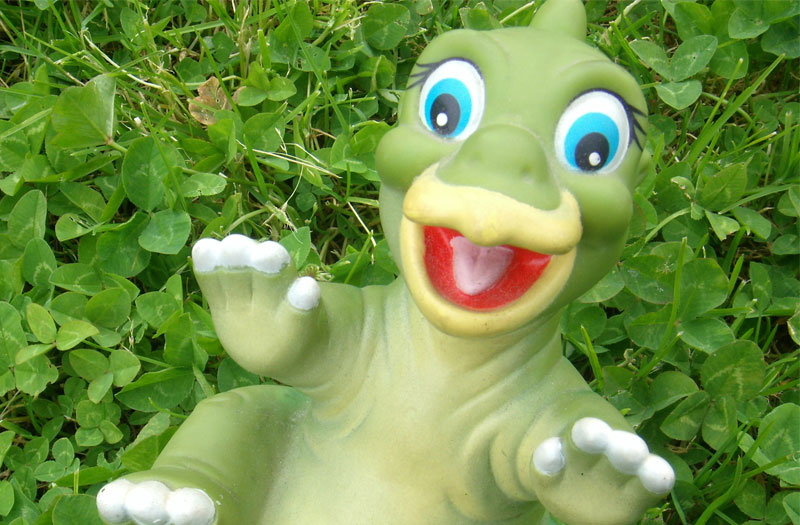 I choose my words carefully. It’s what I do. Whether I’m writing for a client, for publication or for my own inclination, I consider the words I use. I weigh each one in my mind, always aspiring to delight as well as enlighten my reader.
I choose my words carefully. It’s what I do. Whether I’m writing for a client, for publication or for my own inclination, I consider the words I use. I weigh each one in my mind, always aspiring to delight as well as enlighten my reader.
I could pretend these words ripple easily from me in a swirl of intrinsic brilliance, but writing like this takes effort. Not only that, it requires tools. And the one I reach for most when I write is the humble but judicious, inspiring and beguiling thesaurus.
It has become an instinctive part of my writing rhythm to use a thesaurus. I’ll be happily tapping away at my keyboard, tracing a thread of thought, when I will arrive at an idea for which I don’t quite have the right word. Without conscious direction, my fingers will flicker to a particular combination of keys and the thesaurus will appear.
Yes, it’s true. I do find it fun to drift through lists of synonyms, sifting their differing meanings, seeking the one that shines. You feel the same way. Right?
I’m not always sure what I’m looking for as I scan through alternative terms, but I know the right word when I see it. Sometimes it’s about the way it sounds in the overall flow of the sentence. Other times a certain word will conjure up a visual image that aptly captures the message I’m sending. Usually the chase involves appraising subtle shades of connotation.
Consider, for instance, the distinction between “modification” and “variance”, or “discrepancy” and “diversity”. All are synonyms for the word “difference”, yet each offers a shifting glimpse into what difference is all about.
Becoming attuned to these nuances and discovering new words to use enhances our ability to truly mean what we say. Thus, the rewards of the thesaurus are not to be found in picking the most pretentious term in an effort to impress your reader. Rather, they exist in the capacity to intentionally select the best words for your purpose.
For this reason, it doesn’t matter if the thesaurus you use is online, in-built, a battered paperback or some swanky app. It makes no difference – or indeed variance – if you prefer to consult Collins, Roget’s or the Macquarie.
What is important is that a thesaurus is an excellent tool to improve your communication. It can give your language potency. It may also grant it poetry.
I choose my words carefully but I also choose them joyfully. I take pleasure and pride in finding words that can carry my meaning while simultaneously elevating the imagination.
I choose words astutely and I choose them jubilantly. I choose them exuberantly, and yes, I choose them artfully too. Do you?
Do you use a thesaurus when you write? What kind? What wonderful words have you found on your travels? Share your thesaurus stories below.
(By the way, you do get the dinosaur joke, don’t you? Roget’s Thesaurus. Rogetsthe-saurus. The most eloquent of all the dinosaurs.)

